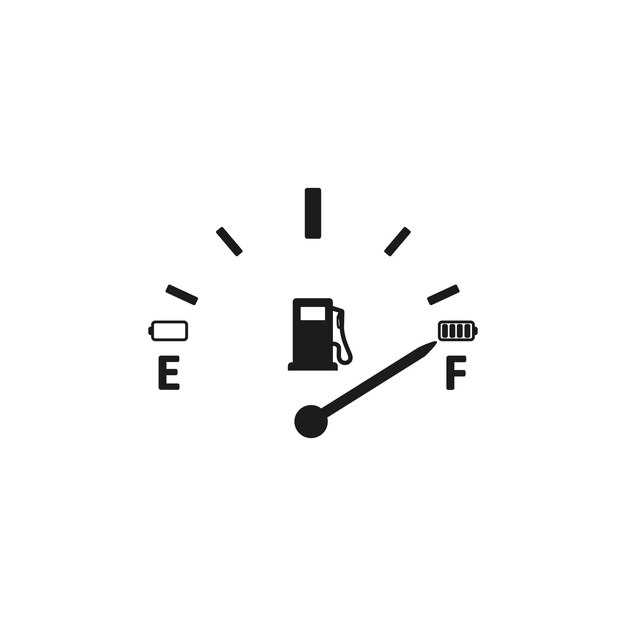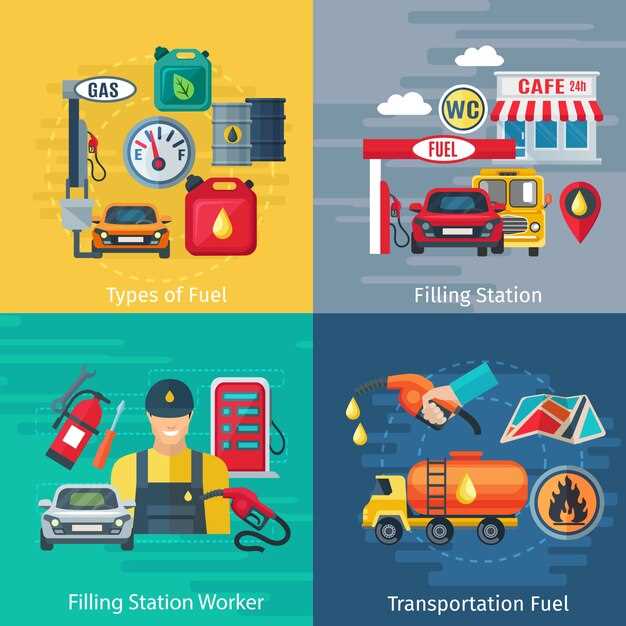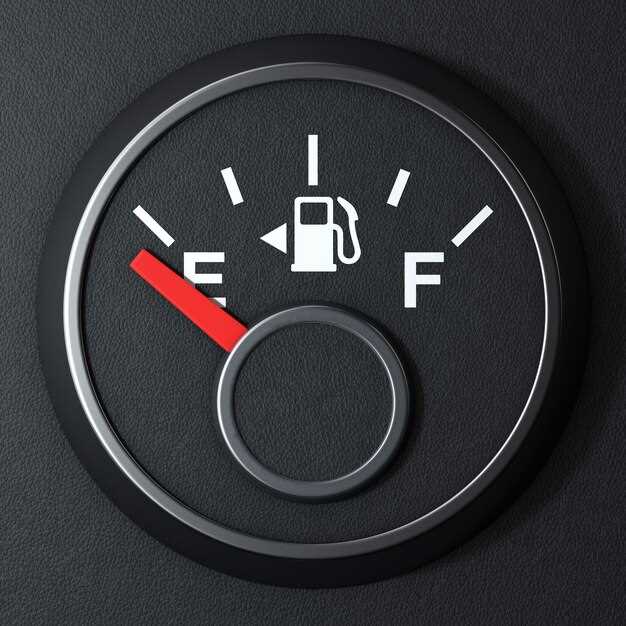
Signs of a Failing Fuel Pump
- Arthur Rodriquez
- 0
- Posted on

The fuel pump plays a crucial role in the functioning of your vehicle, as it is responsible for delivering fuel from the tank to the engine. Recognizing the signs of a failing fuel pump can save you from unexpected breakdowns and costly repairs. Being aware of these symptoms allows for timely maintenance, ensuring your vehicle runs smoothly and efficiently.
One of the early signs of fuel pump failure is a noticeable decrease in engine performance. If you experience hesitation during acceleration or difficulty starting your vehicle, it may indicate that the fuel pump is struggling to deliver an adequate supply of fuel. Additionally, listen for any unusual noises coming from the fuel tank, such as whining or grinding sounds, which may signal that the pump is malfunctioning.
Furthermore, if your car frequently stalls, especially at low speeds or when idling, it can be a clear indication that the fuel pump is not operating effectively. Another important factor to consider is fuel gauge discrepancies; if your gauge shows the tank is full but the engine is starved for fuel, it’s time to investigate the fuel pump condition. Overall, recognizing these early signs can lead to prompt intervention and prevent more serious issues down the road.
Unusual Engine Behavior When Accelerating
One of the prominent signs that your fuel pump may be failing is irregular engine behavior during acceleration. When you press the gas pedal, your engine should respond smoothly and quickly. However, if you notice any hesitation, stalling, or a lack of power, it may indicate that the fuel pump is not supplying adequate fuel to the engine.
Moreover, you might experience sudden surges in power or a jerking sensation while trying to accelerate. This inconsistent performance occurs because the fuel pump struggles to maintain the necessary pressure, resulting in a disrupted fuel supply. In such scenarios, the engine may inadvertently receive too little or too much fuel, leading to poor combustion conditions.
Additionally, unusual engine noise, like whining or sputtering, can also signal fuel pump issues. If the pump is failing, it may become louder than usual, which indicates that it is working harder to deliver fuel. Observing these signs can help you diagnose potential problems before they escalate, ensuring your vehicle operates efficiently.
Decreased Fuel Efficiency Observed

One of the most noticeable signs that your fuel pump may be failing is a significant decrease in fuel efficiency. When the fuel pump is not functioning optimally, it can lead to improper fuel delivery to the engine. This inefficiency often manifests as poor acceleration, stalling, or difficulty starting the vehicle.
As the fuel pump struggles, it may cause the engine to run rich or lean, negatively impacting the combustion process. A rich mixture, where too much fuel is present, can lead to increased exhaust emissions and reduced mileage. Conversely, a lean mixture, with insufficient fuel, can result in engine knocking and potential damage.
When you notice that you are filling up more frequently or find yourself monitoring miles per gallon more closely, it’s essential to consider the state of your fuel pump. Regular maintenance and timely replacements can help maintain optimal fuel efficiency and prolong the life of your vehicle.
Frequent Stalling or Starting Issues

One of the most noticeable signs that your fuel pump may be failing is frequent stalling or difficulty when starting your vehicle. When the fuel pump is unable to deliver a consistent flow of fuel to the engine, it can cause the engine to sputter or cut out unexpectedly. This situation can be alarming, as it often happens without warning.
Additionally, if you experience prolonged cranking times before the engine starts, it may indicate that the fuel pump is struggling to provide the necessary fuel pressure. A healthy fuel pump should allow your engine to start promptly with minimal effort. If you find yourself turning the key multiple times without success, this is another of the critical signs that your fuel system may require immediate attention.
Both stalling and starting issues can lead to more serious problems if left unaddressed. Poor fuel pump performance can also negatively affect other engine components, leading to costly repairs in the long run. Monitoring the behavior of your vehicle when it comes to starting and idling can help you detect early symptoms of fuel pump failure.
Acting quickly upon noticing these signs can prevent further damage and ensure your vehicle remains reliable on the road.